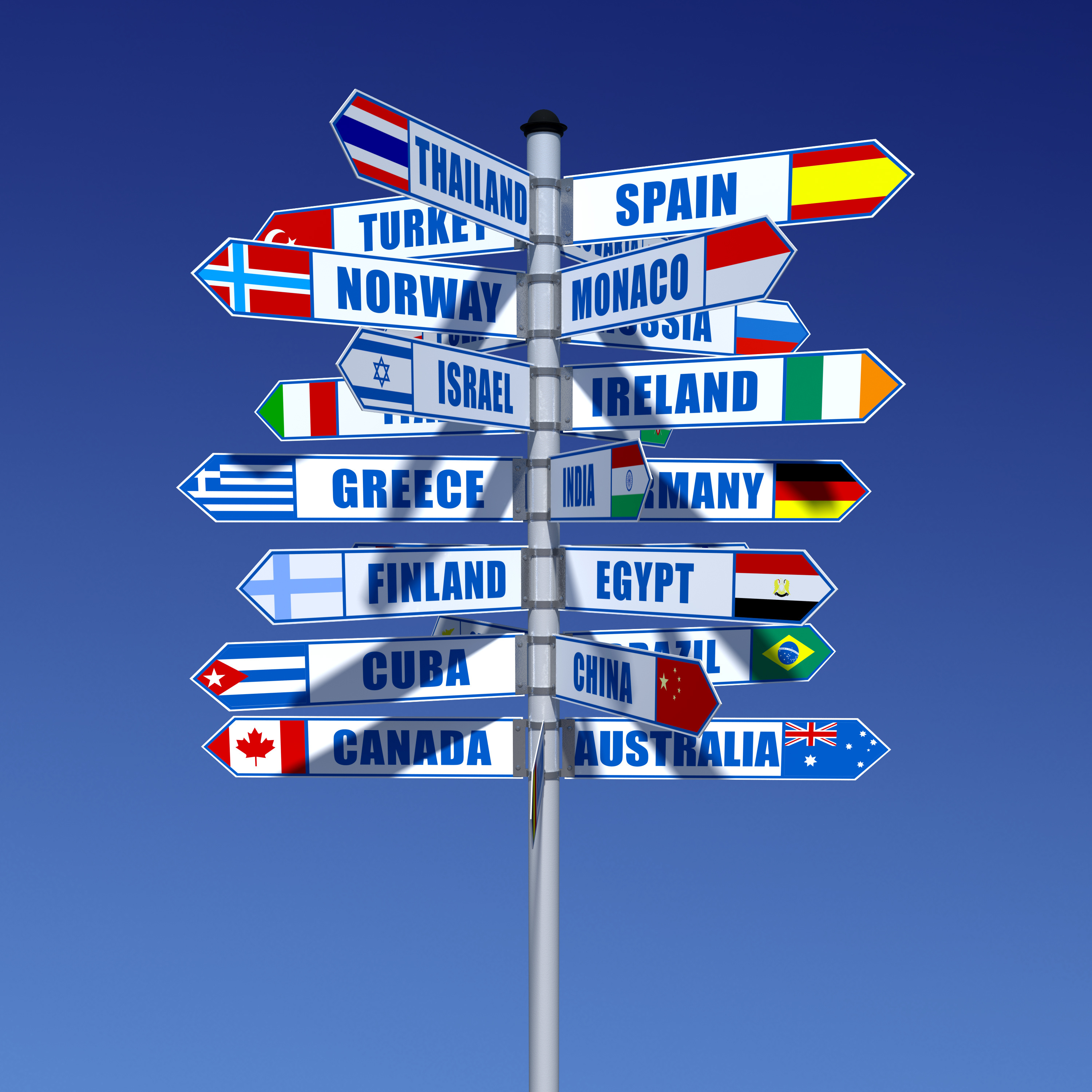
As the days grow longer and warmer, many of us feel inspired to refresh our living spaces with a fresh coat of paint. But did you know that the colors we choose are often deeply connected to culture, history, and meaning? Colors carry powerful symbolism around the world, influencing emotions, traditions, and even rituals.
Exploring these cultural meanings can inspire us to think differently about the colors we bring into our homes this spring. Here’s a journey through some fascinating painting traditions and what colors mean in different cultures:
Red: Passion, Luck, and Protection
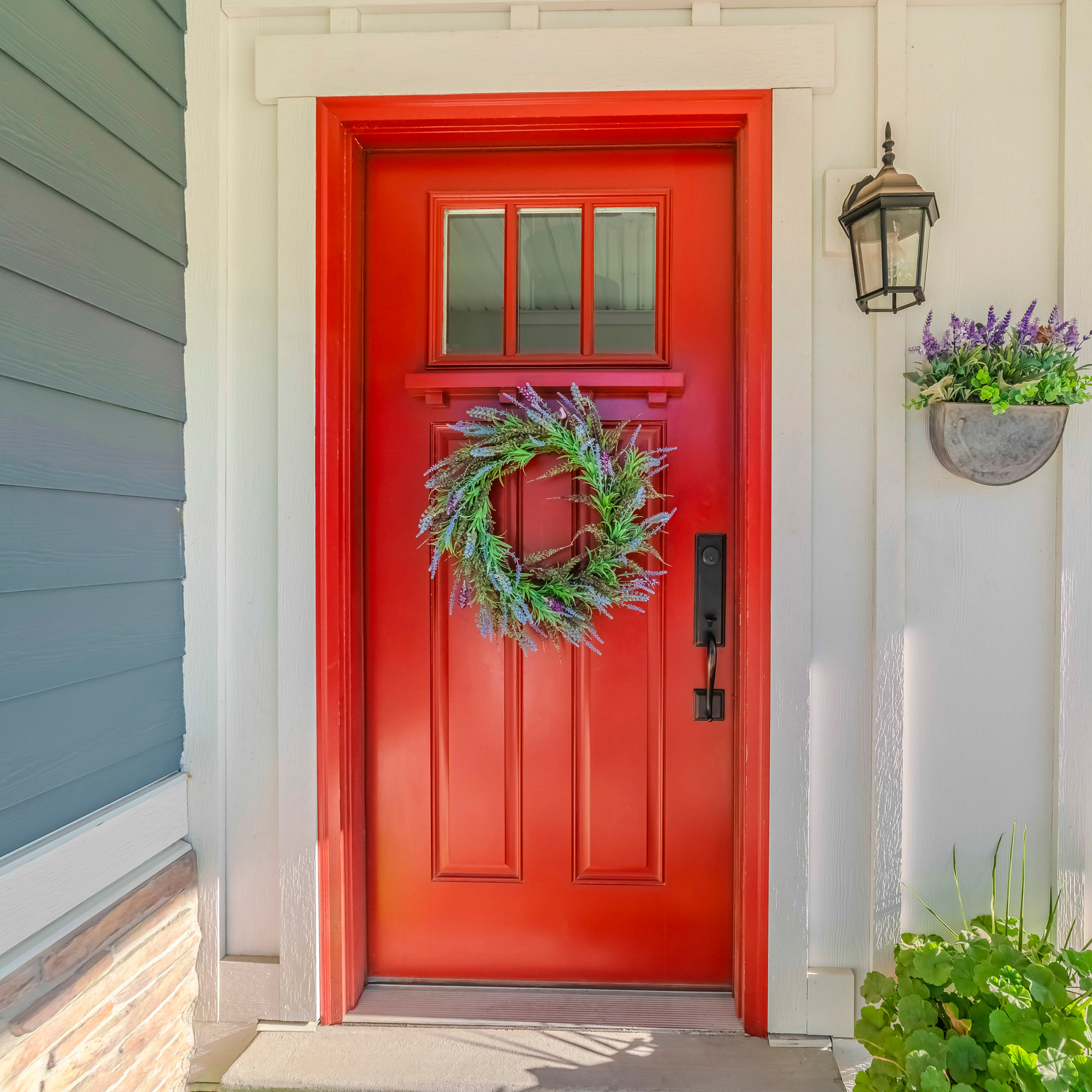
- China: Red is a color of good fortune, joy, and celebration. It’s everywhere during festivals and weddings because it’s believed to ward off evil spirits. Painting your front door red is thought to bring luck and happiness.
- India: Red symbolizes purity, fertility, and love. It’s a sacred color used in many religious ceremonies and bridal attire.
- Western Cultures: Red often conveys passion, energy, and even warning, making it a popular accent color to add vibrancy.
Blue: Calm, Trust, and Spirituality
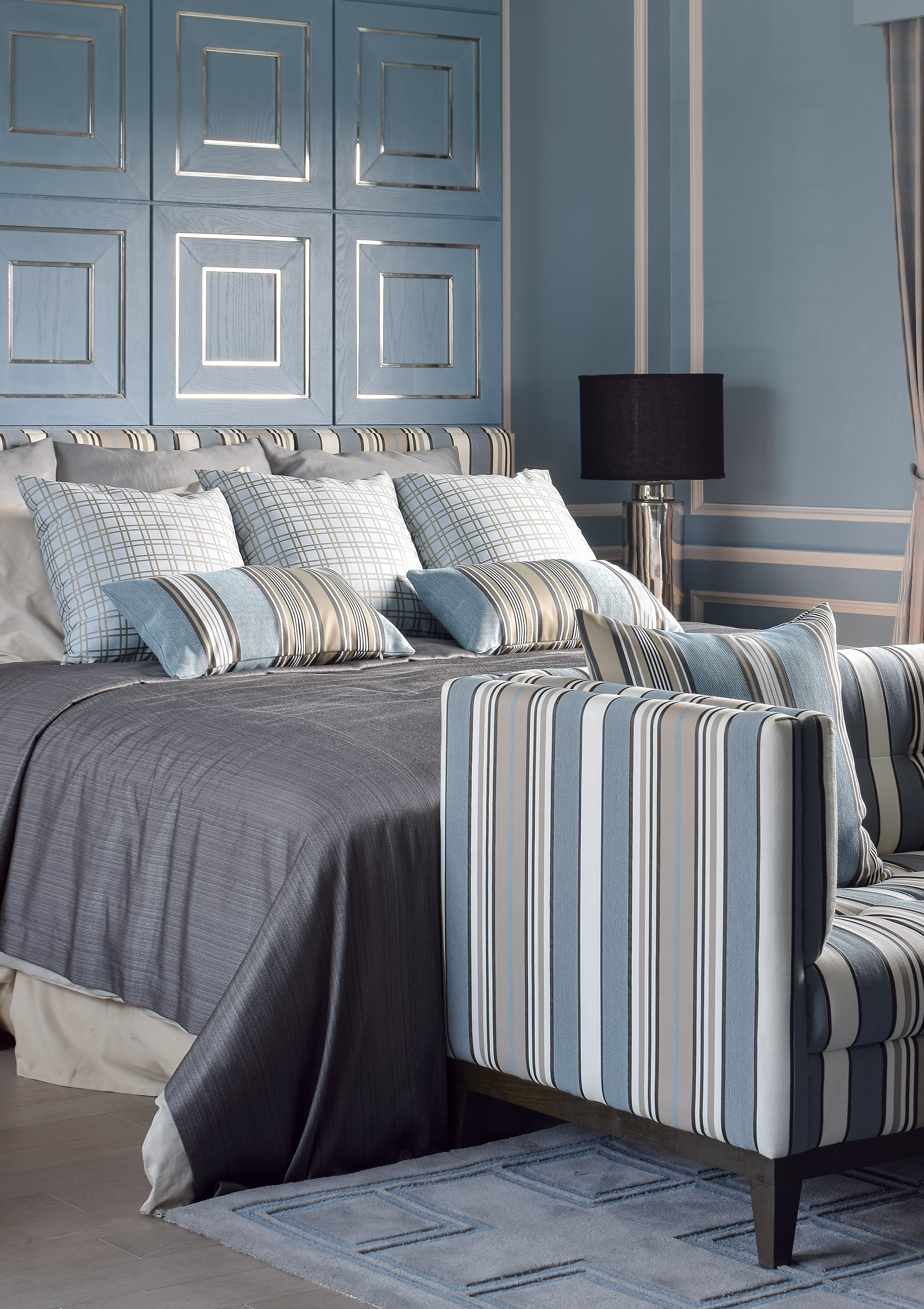
- Morocco: The city of Chefchaouen is famous for its blue-painted streets and buildings, symbolizing the sky and heaven, evoking peace and safety.
- Greece: Blue is believed to protect against the “evil eye” and is often used on doorways and window frames.
- Western Context: Blue is widely associated with calmness, reliability, and serenity, making it a favorite for bedrooms and offices.
Yellow: Happiness, Wealth, and Wisdom
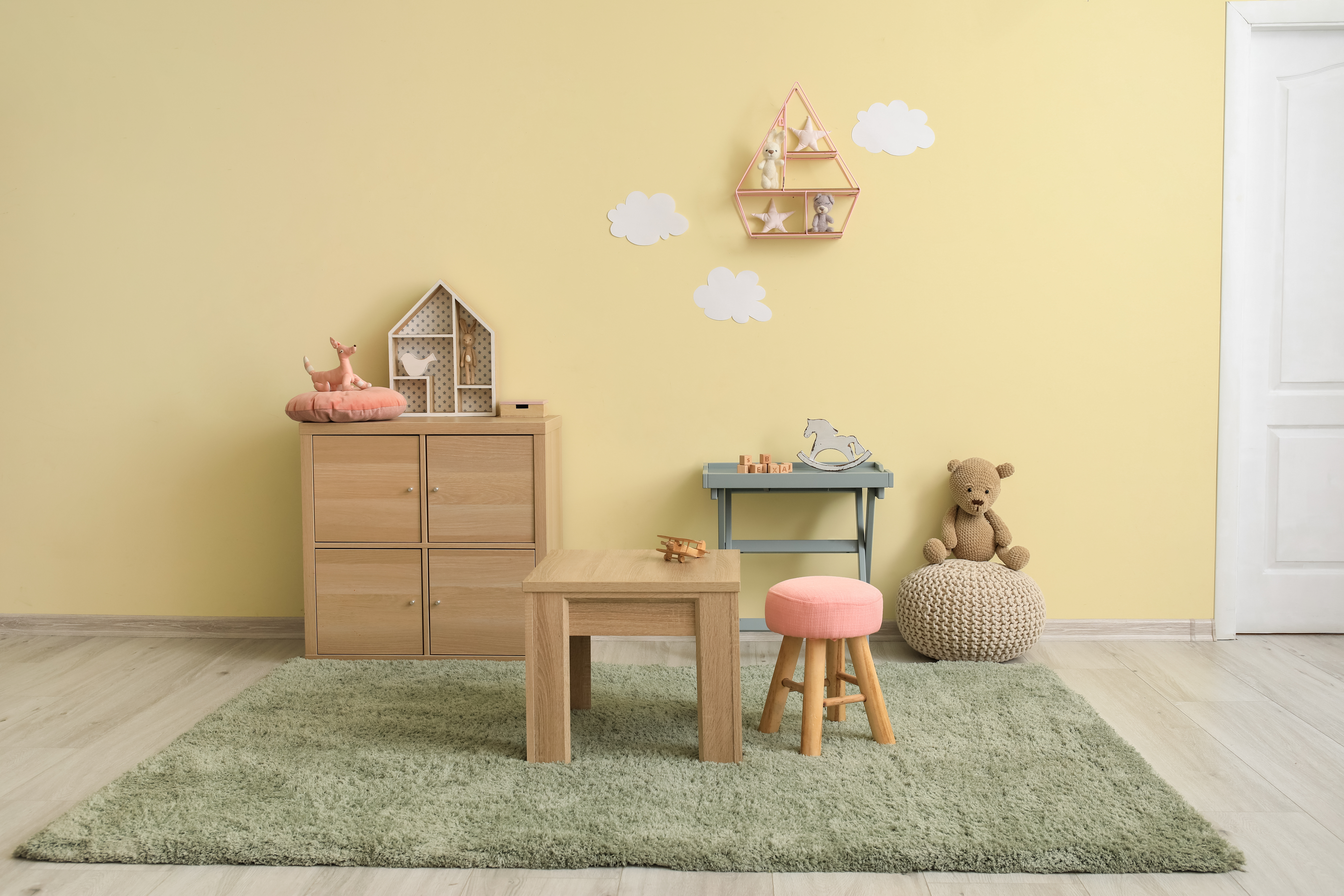
- Japan: Yellow represents courage, wealth, and refinement. It’s less commonly used indoors but often seen in art and fashion.
- Egypt: In ancient times, yellow was connected to gold and the eternal, symbolizing the sun and immortality.
- Modern Western Use: Yellow is linked to cheerfulness and optimism but can be overwhelming in large doses.
Green: Growth, Harmony, and Renewal
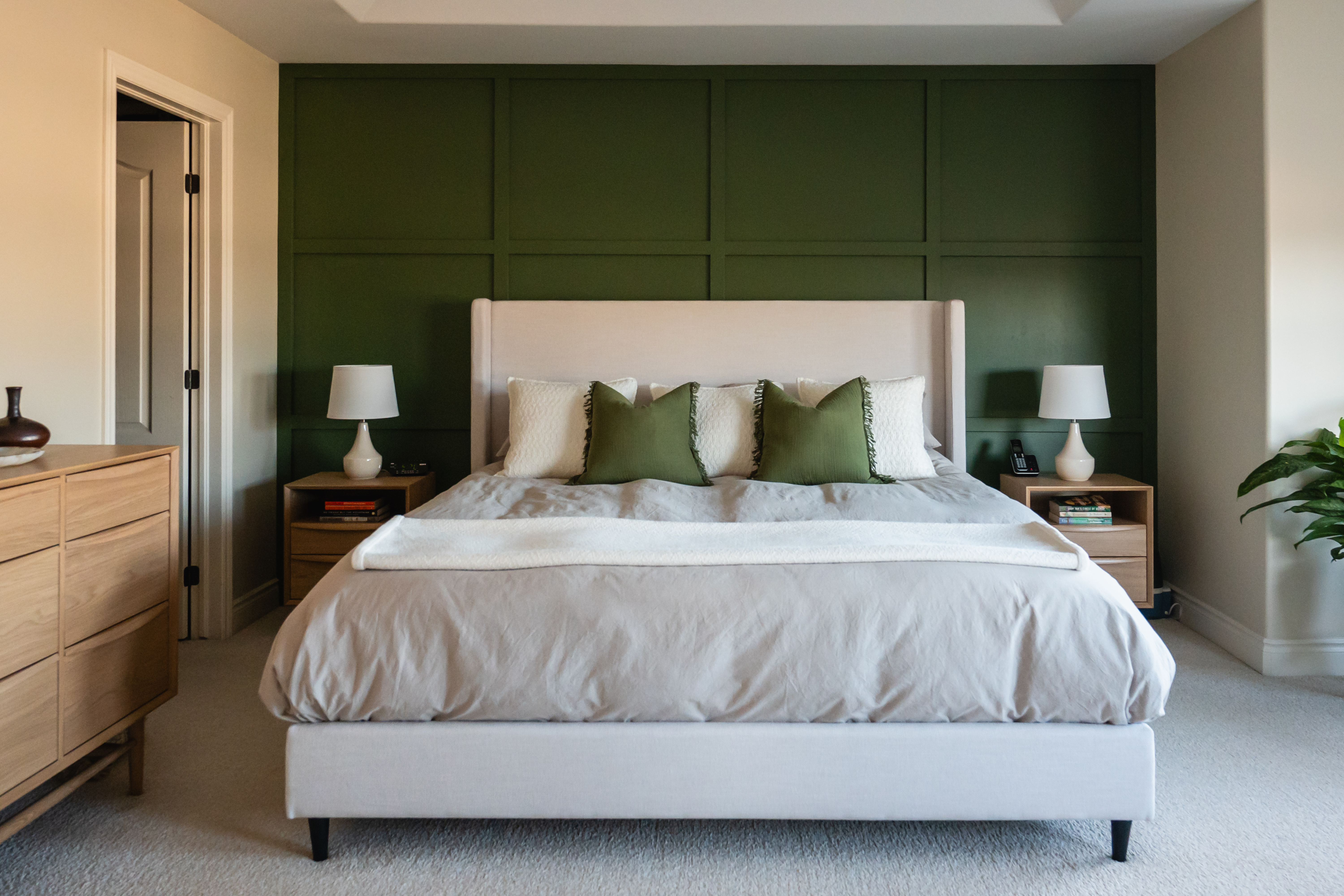
- Islamic Cultures: Green is a sacred color symbolizing paradise, renewal, and life. It’s often used in mosques and religious art.
- Ireland: Known as the “Emerald Isle,” green is a symbol of luck, nature, and national pride.
- General: Green’s association with nature and balance makes it a popular choice for living rooms and spaces meant for relaxation.
White: Purity, Peace, and New Beginnings
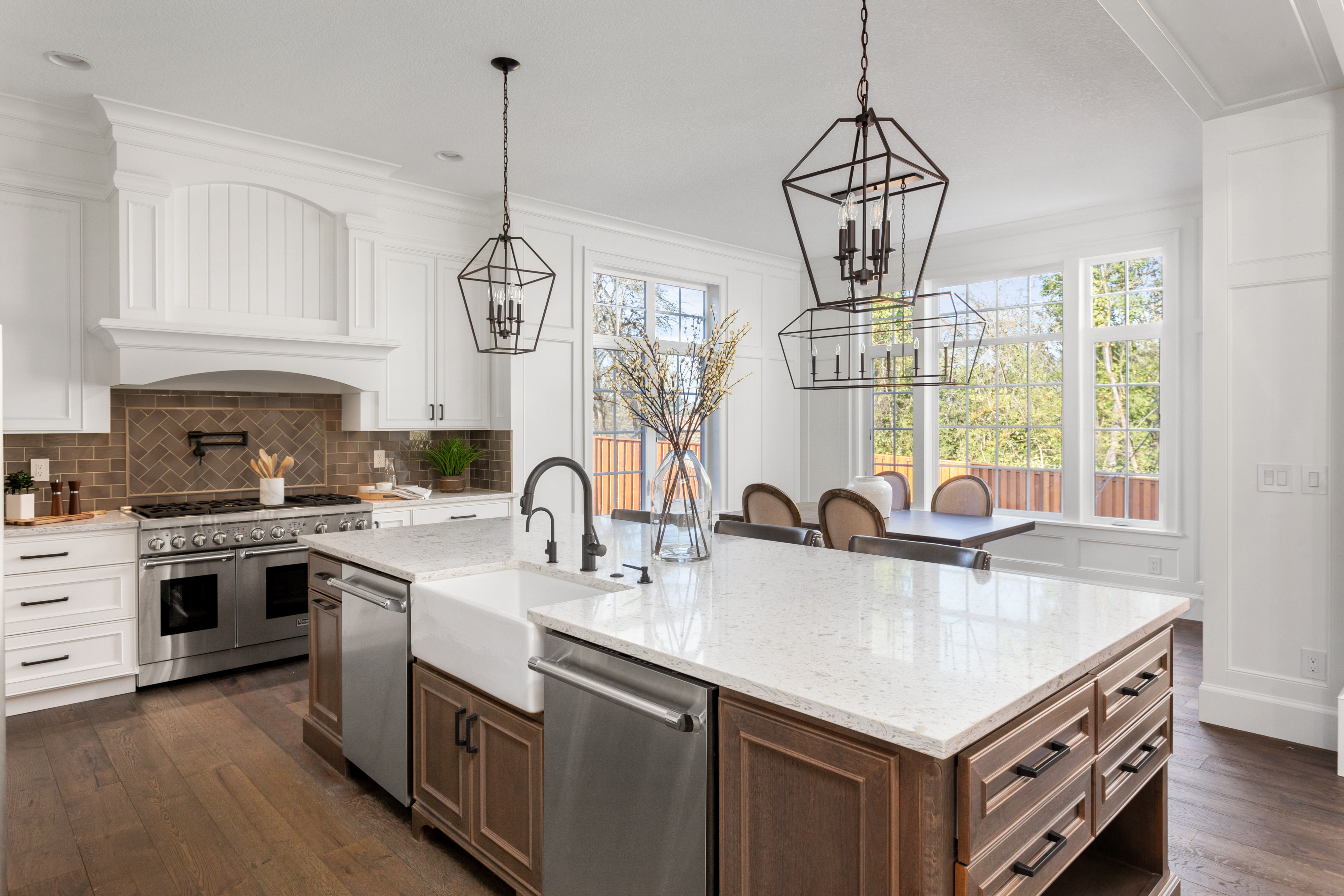
- Western Weddings: White is the traditional color of weddings, symbolizing purity and innocence.
- Japan: White is linked to mourning and funerals, representing death and the afterlife, showing how meanings can vary widely.
- Middle East: White often symbolizes purity and cleanliness and is frequently used in architecture.
How Can This Inspire Your Next Paint Choice?
Understanding these rich cultural meanings can deepen your connection to the colors in your home. Whether you want to invite peace, protection, or energy, choosing a color with a story behind it can transform your space from just “painted walls” to meaningful environments.
Looking to bring one of these culturally inspired colors into your home this season? Let Southington Painting help you choose a palette that reflects not only your personal style—but also the deeper stories and traditions that resonate with you.
Request a free estimate today and start your next project with purpose.
Let your walls speak volumes—beautifully, thoughtfully, and intentionally.










